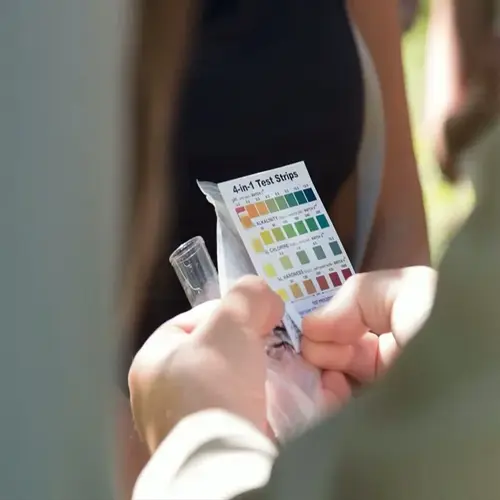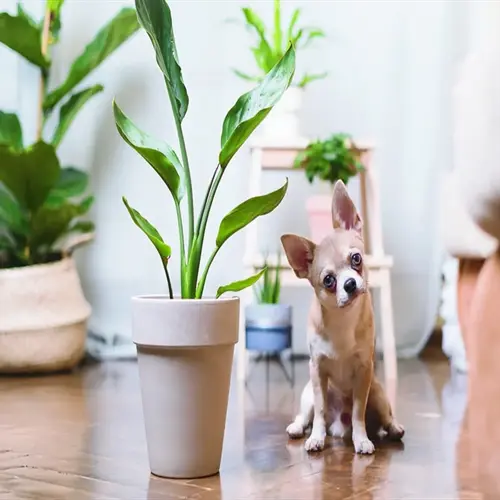How important is cage location for prevention?

Written by
David Smith
Reviewed by
Prof. David Walsh, Ph.D.The location of the cage is the single most important factor in preventing feather plucking by controlling environmental stressors. Placement miscalculations subject birds to constant disturbances, which provoke destructive behavior. The ideal placement provides a good balance between social needs and the need for security. I have witnessed parrots stop plucking completely after moving their cages away from numerous disturbances.
Highly frequented areas generate chronic pressures. Halls and sitting rooms create undue visual disturbances. Birds are in danger due to the unpredictability of their movements. Direct sunlight from the windows is found on the way and can result in undue overheating. Talk to everyone who invests considerable time in the vicinity, and these factors create compulsive feather destruction rapidly.
Security Essentials
- Partial cage covering options for retreat
- Solid back wall placement for safety
- Elevated positioning avoiding floor drafts
- Visual barriers against sudden movements
Hazard Avoidance
- Minimum 10 feet from kitchen entryways
- No direct HVAC vent exposure
- Window distance preventing temperature spikes
- Sound-absorbing materials near noisy appliances
Temperature stability is important. Drafty windows make tropical species like parrots cold. Heating vents dry out sensitive skin. The temperature should be maintained at 70°-75°F constantly. Use digital thermometers for measurements. A client's macaw stopped plucking feathers after being moved from a bay window exposed to sunlight to a climate-controlled spot in the house.
Social equilibrium requires appropriate placement. Birds benefit from seeing their own family but not interacting with them constantly. The corners near the more commonly used areas seem to work best for such arrangements. Make sure it is easy for quiet retreats to be accessed through partial coverings. Finches prefer to see their flocks, while parrots must have scheduled interaction times. This gives social consistency, which alleviates plucking caused by isolation.
Regular inspections of the location assist in preventing problems, monthly check decibels. Test the air quality in the cages. Observe the reactions of birds at various times. One cockatoo showed a reduced plucking after moving the cage three feet from behind a humming refrigerator. Minor adjustments obtained great improvements.
Read the full article: Understanding Bird Feather Plucking: Causes and Solutions

